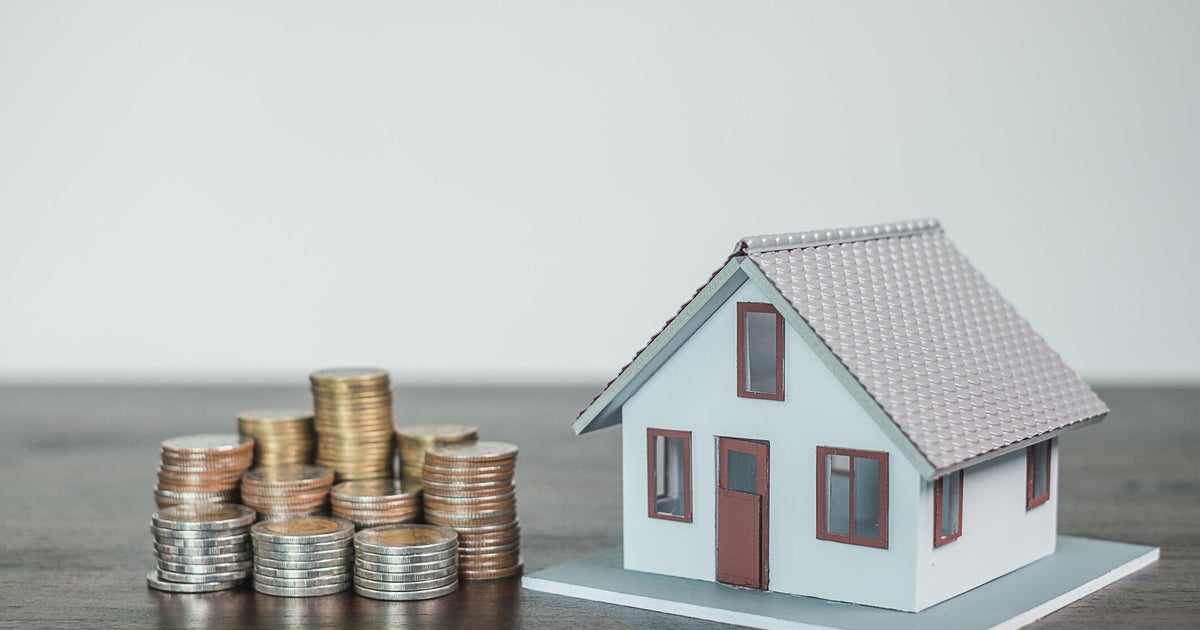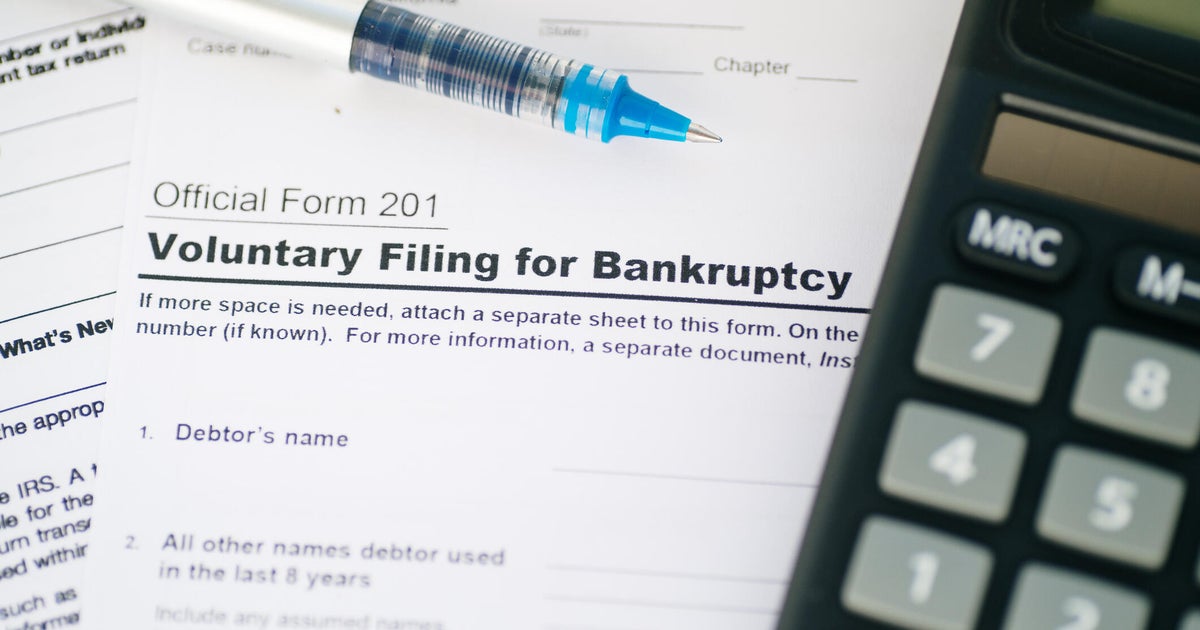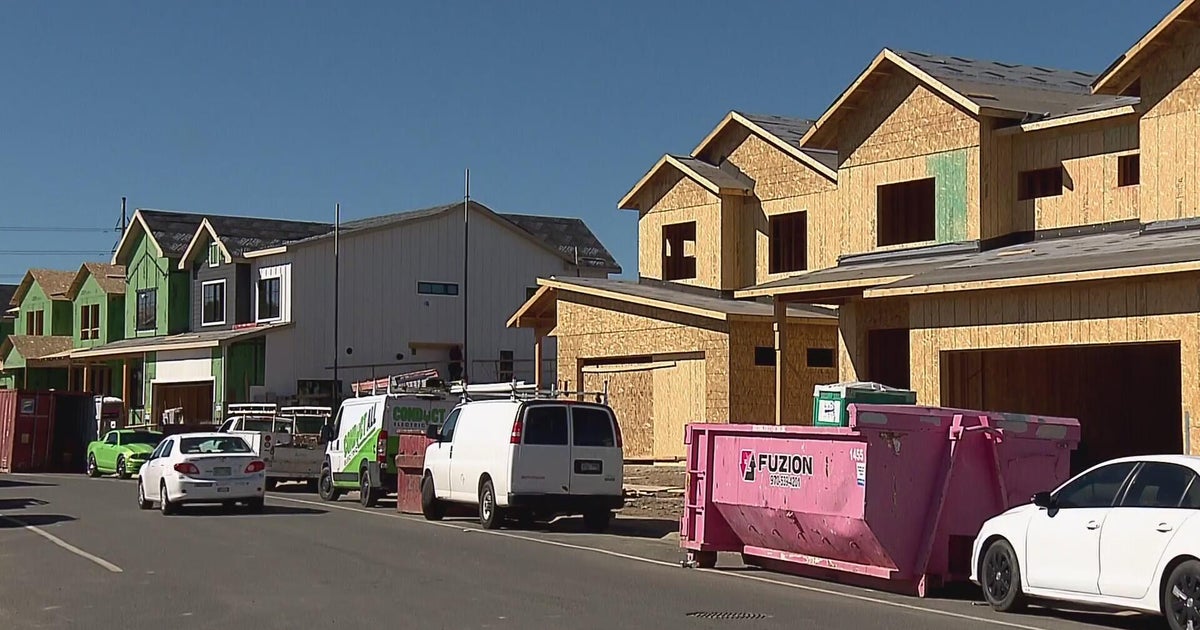Deciding between debt relief and bankruptcy? Here are the factors to consider
There's no question that the current economic landscape is difficult for borrowers. Not only did the interest rates on personal loans, mortgages and other lending products skyrocket throughout 2022 and 2023, but credit card rates did too. Right now, the average credit card rate is above 21%, so cardholders who are unable to pay their card bills in full each month are shelling out a lot of money in interest charges.
And, today's high-rate environment isn't the only economic hurdle Americans are facing. Other economic pressures, like persistent inflation continuing to devalue the dollar, are making it even more difficult for people to repay what they owe on their credit cards and high-interest debts.
If you're one of the many who's struggling due to growing balances on your credit cards, you may be wondering whether it's time to pursue debt relief or bankruptcy to get your financial situation under control. But while both avenues can provide some relief from your growing debts, how do you decide which path is right for your unique circumstances? Below, we'll detail exactly what you should know.
Ready to tackle your credit card debt? Find out what your debt relief options are here.
Factors to consider when deciding between debt relief and bankruptcy
If you're unsure whether debt relief or bankruptcy makes the most sense for your situation, it may help to consider the following factors:
Your debt-to-income ratio
One metric that's important to consider as part of your decision is your debt-to-income (DTI) ratio. Your DTI ratio is the percentage of your income each month that goes toward paying your debts. This ratio can give you a good idea of whether your debt levels are sustainable or not, which can help you determine whether bankruptcy or debt relief makes more sense.
To determine your DTI ratio, you simply divide your total recurring monthly debt payments by your gross monthly income. Ratios above 40% are a signal that you likely have unsustainable debt levels that may require more than just a debt management plan or debt consolidation loan. In these cases, debt settlement or bankruptcy could make more sense.
Explore the benefits of debt relief online now.
Cost considerations
Another factor that may sway your decision is weighing the cost of bankruptcy compared to the cost of debt relief programs. While filing for Chapter 7 bankruptcy may seem like the cheapest option, there are court fees, legal fees, credit counseling costs and other expenses to consider. Chapter 13 bankruptcy has even higher costs since it involves a multi-year repayment plan.
But debt relief can be a lot more affordable comparatively. For example, debt relief companies aren't allowed to charge upfront fees prior to working on your case. Depending on the service they're providing, these companies typically charge a percentage of the settled amount or a small monthly fee tacked onto your consolidated payment instead.
So those with very little disposable income may find the lower upfront costs of debt relief more manageable than having to pay hefty bankruptcy fees. Of course, DIY debt settlement or management could keep you from paying any program fees, but success rates are typically much lower.
Income and ability to pay
Your income level and ability to make any debt payments are also crucial to evaluating your choices. After all, most debt relief plans require you to make consistent, affordable payments to remain in good standing, so you'll need to have some disposable income to put toward what you owe.
Bankruptcy, on the other hand, can simply exempt you from having to repay certain types of debts based on your income and asset situation. If your core living expenses for housing, utilities, food and transportation already consume most or all of your income, leaving little to put toward debts, bankruptcy may be prudent.
Asset protection needs
With a Chapter 7 bankruptcy, any non-exempt assets above allowances may be seized and liquidated to repay creditors. While many states offer exemptions for things like home equity, vehicles, household goods and retirement accounts, asset protection needs could make debt relief programs preferable if it's vital to keep those resources intact.
Credit score impact
Credit score impacts are another major consideration. Any debt relief measure can put a temporary dent in your credit score, but filing for bankruptcy typically leads to the biggest negative impact, at least initially. Other programs like debt management plans and debt settlements typically lead to less severe credit score damage, meaning that they could be the ideal option if you need to preserve your credit profile to qualify for a mortgage or other important financing.
Legal protection
With debt relief programs, your creditors maintain the ability to potentially file lawsuits or garnish wages if you default on payments. This legal risk is something to consider. Bankruptcy provides the strongest legal protection once filed and approved, preventing creditors from continuing collection efforts.
Tax implications
There can also be potential tax implications with debt relief. Forgiven or settled debts may count as taxable income depending on the circumstances. When bankruptcy forgiveness is filed properly, those debts generally aren't considered taxable income.
The bottom line
Ultimately, there is no one-size-fits-all solution when facing insurmountable debt. The right choice depends on carefully weighing your unique financial circumstances, priorities, eligibility and preferences. And, if you still aren't sure, consulting with a qualified credit counselor, bankruptcy attorney or financial advisor may provide further guidance and clarity on the best path for regaining control and achieving true freedom from debt.




